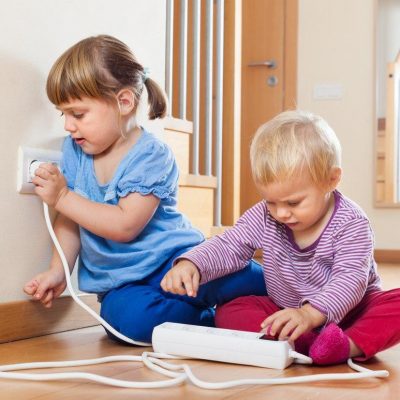
Home accidents are in the first place in childhood life losses. Among the most common of these; falls, trachea blockages, boiling water burns, fire burning, poisoning, drinking or eating cleaning agents, drug poisoning and electric shocks. It is very important that mothers, fathers and caregivers are conscious enough to prevent home accidents.
In home accidents, the floor is slippery and wet, and there are toys and other foreign objects on the ground, especially for young children to fall. Keeping the windows and balcony doors open uncontrolled and the absence of handrails around the child’s bed lead to life-threatening accidents. The contact of children with household chemicals such as food and drug poisoning, detergent and lime remover are also the most important causes of poisoning.
It is very important not to panic during accidents. After the child is safely removed from the accident environment, relevant emergency numbers should be called and professional support should be sought. Health institution, poison counseling center, fire department and security related numbers must be kept on your phone.
What is Varicocele? Varicocele is the varicose veins that drain the blood in the testicles,…
What is Hemorrhoids ? It is a disease caused by the loosening of the veins…
What Is Monkeypox Virus? Symptoms and Ways of Transmission! The monkeypox virus, which has been…
What is Pelvic Venous Congestion Syndrome? (Failures Observed in Ovarian/Testicular Veins) What is Pelvic Venous…
What is Myoma ? Myoma, is a benign tumor arising from the uterine muscles. It…
What is Back Lift? Back stretching, excessive weight gain and aging may cause you to…